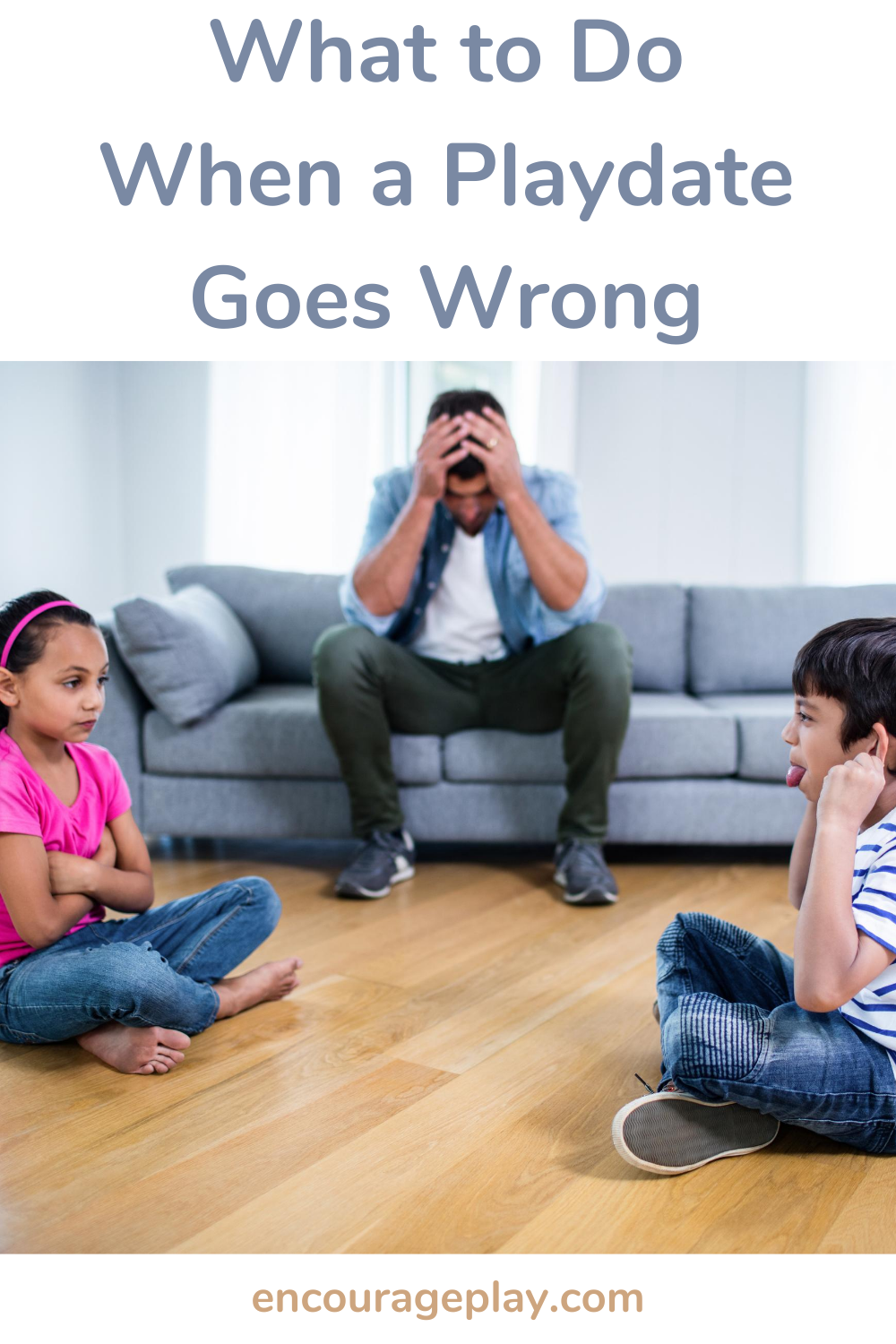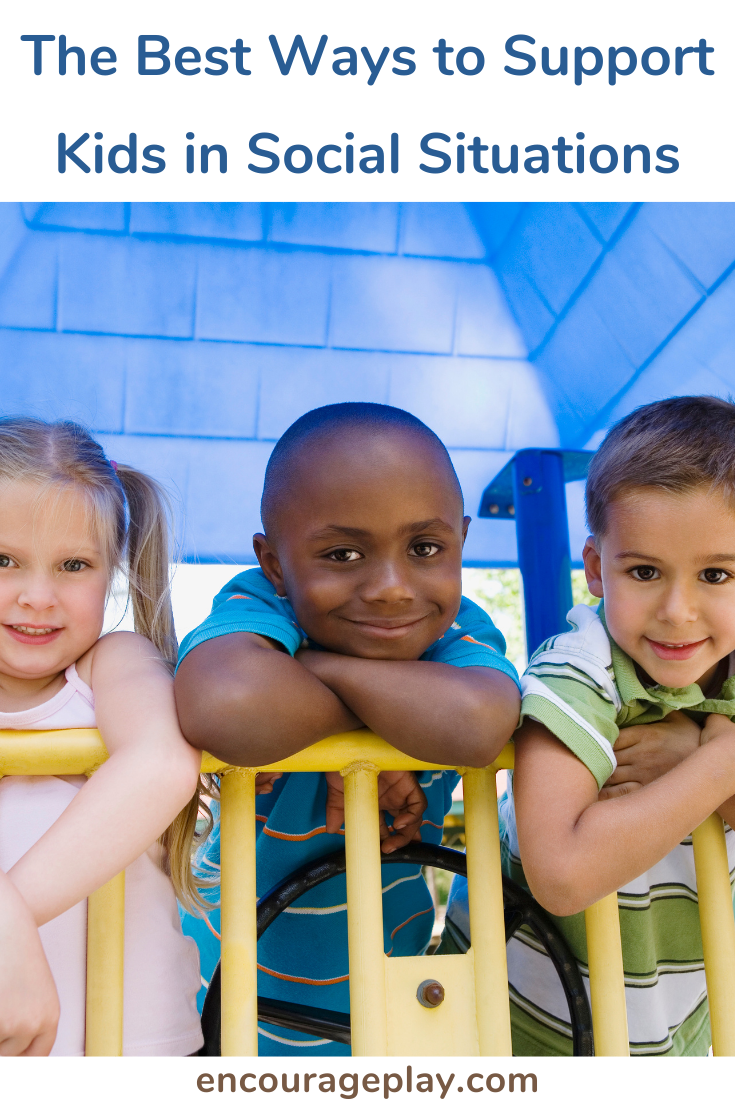The Benefits of Playdates
Playdates are a great way for kids to interact and spend time together. Playdates are typically scheduled ahead of time, and involve fun activities, enjoying one another’s company, and strengthening their friendship bond. Some kids can figure out what they’re going to do without any issues; they cooperate and get along for the most part, and everyone leaves the playdate in good space.
But what about those kids who struggle during playdates? For these kids, the things that can be challenging in day-to-day life (i.e. following directions, sharing, taking turns, working together, cooperating) are magnified in an unstructured social situation like a free-for-all playdate.
Rick Lavoie, author of “It’s So Much Work to be Your Friend” (2006), talks about the spiral of social skills to help kids who struggle to develop these important parts of themselves. First, you learn the skills, then apply and use them in real social situations. Those positive interactions make it more likely that your circle of friends will grow, allowing for more social opportunities, and more chances to practice those skills. In order to get better at these skills, you need to use them in real situations.
When we host a playdate or our child attends a playdate, this is that real life situation. A playdate creates a teachable moment where our children can practice and grow their social skills.







